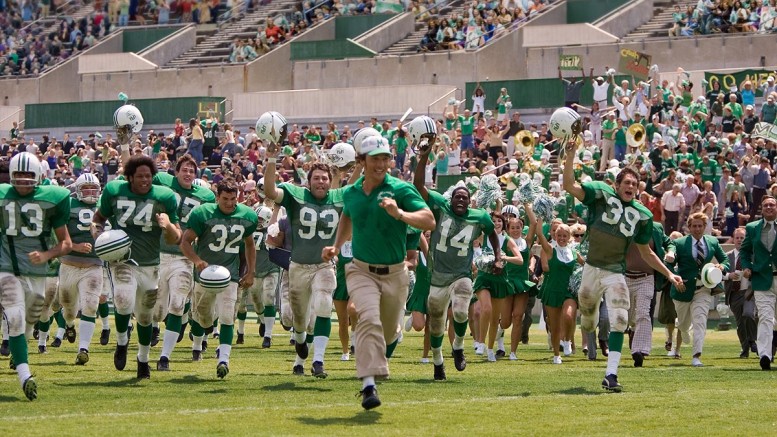A while back I addressed the topic of “surviving the drip,” and the challenges that so many of us often face when building new, surviving change and/or managing to just keep our heads above water.
Review that piece if need be for further clarification, because I wanted to pick up a bit more on that theme. Today, I wanted to get a little deeper into HOW to survive the drip. You might look at your situation and feel overwhelmed—“Am I going to make it till the end of the month, or even the end of the day?”
Or perhaps, it was a struggle this morning just to get out of bed.
In 2003, the Ad Council partnered with the Children’s Bureau and AdoptUsKids on a national adoption recruitment campaign to encourage the adoption of children from foster care. The essence of the message was: you don’t have to be perfect to be a perfect parent. All you have to do is care, love, and be there.
As part of this campaign, there is one TV PSA [I searched for a video link but to no avail–if anyone finds it let me know and I will post it] that shows a little boy sitting on the couch just watching TV, and next to him is a grown man—apparently his adopted dad. The man is asleep. The boy is there watching the set, and periodically looks over to the man at his side, who is probably tired from working all day. There is NO visible interaction whatsoever.
So, because he fell asleep, does that make him a bad parent?
No. He is doing his job by just BEING THERE (hence the brilliant message of the campaign)—and sometimes just being present is the best we can do. Too many of us–and this applies to all roles in our lives–have felt less worthy of a task at hand because we are not meeting our own standard of perfection for that day. We need to get over ourselves, move past that, and simply be present.
A dramatic case in point: the 2008 movie We are Marshall tells the story of Marshall University’s struggle to rebuild its football program after a plane crash tragically takes the lives of virtually everyone on the team. University leaders considered folding the program all together—to give up if you will—rather than endure more pain of what would be a formidable task.
But the school—and indeed the community—decided to move forward. Staying in the game was what was needed most of all. It wasn’t about winning. It was about playing. While the movie ends with the new football team achieving a dramatic game win, it goes on to tell you that for the next fifteen years, Marshall did indeed struggle, losing far more games than they would win.
But that didn’t matter. What mattered is that they played. They showed up.
And according to Woody Allen, isn’t that most of what makes success? Just showing up? It calls to mind the words of C. S. Lewis in one of his books: “I am to give my readers not the best absolutely but the best I have.”
Indeed, this is all we can ever do. But we should take comfort in knowing that too often we give ourselves less credit than we are due, and that the best we have is often better than we think.


Be the first to comment on "Don’t Give Up…Show Up."